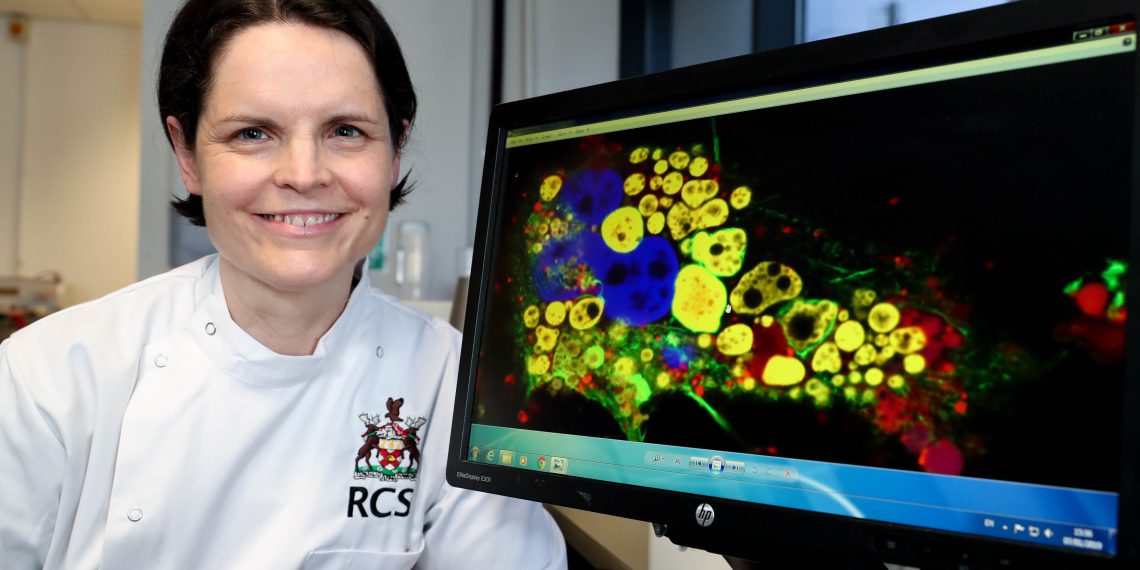Led by researchers at RCSI (Royal College of Surgeons in Ireland), a team of researchers has developed a new treatment for tuberculosis (TB). This work could offer a practical treatment that has the potential to be scaled-up and mass-produced for clinical testing.
The treatment, which patients will take using an inhaler, works by reducing the bacteria in the lungs that causes tuberculosis while also helping the patient’s immune system fight the disease.
There is only one vaccine for tuberculosis, developed in 1921. It is unreliable in preventing the most common form of TB, and is not suitable in all patient groups. The vaccine works best against specific forms of TB and is usually given to infants in at-risk populations.
Tuberculosis is one of the top 10 causes of death worldwide. The World Health Organization (WHO) data show that 10 million people fell ill with TB and 1.6 million died from the disease in 2017. WHO estimates that there were 558,000 new cases with resistance to the most effective first-line antibiotic. Of those resistant to the drug, 82% were resistant to multiple antibiotics.
Multidrug-resistant TB (MDR-TB) is seen as both a public health crisis and a health security threat. Ending the TB epidemic by 2030 is listed among the health targets of the United Nations Sustainable Development Goals.
The pathogen that causes tuberculosis spreads by people breathing infected droplets into their lungs, where the disease can remain dormant or spread further. The research makes use of a derivative of Vitamin A called all trans retinoic acid, atRA, which previous studies have shown is an effective treatment for tuberculosis.
Using a spray-drying process, the researchers packaged atRA within safe-for-consumption particles that are small enough to use in an inhaler. These particles efficiently delivered the treatment and significantly reduced tuberculosis-causing bacteria and associated lung damage, which supports their potential for clinical testing.

















